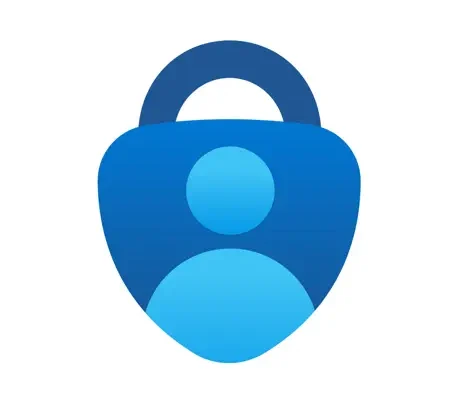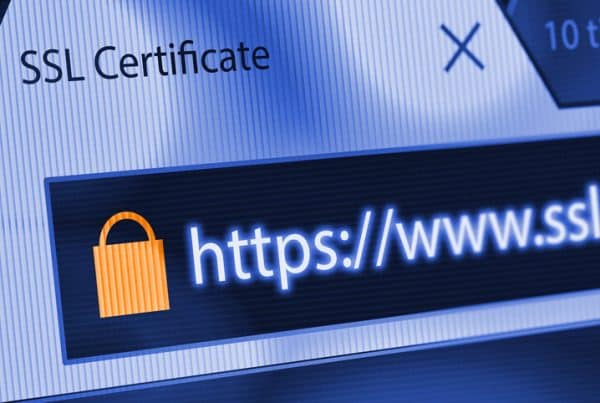It is one thing to have all the necessary infrastructure for preventing cyber issues, and another completely different thing to have the policies in place. With formalised security policies, it will be easy for everyone who interacts with your business to know how they can help keep the business secure. Your policies can include issues like the use of unsanctioned IT applications, password management, document management, software updates, and access control. It should also outline how to vet vendors. Assuming that cloud vendors and software providers have your back is unwise. It pays to limit the risk that comes with outsourcing some of your business tasks to vendors. Design Box Digital has over 20 years of experience in computer security. Feel free to contact us for more information.
Backing up your data is a must. But, what if you could back it all into the Cloud and never have to worry again?
The cloud is an attractive option for many businesses due to its advantages, including increased security. If you’re able to migrate your data from on-premise servers or physical storage locations into the Cloud then not only will it be easier than ever before access company information remotely without worry about potential vulnerabilities that could lead hackers straight towards their target – which in this case would mean loss of customers and revenue!
With frequent backup routines running regularly at all times, there’s little risk anything happening along these lines might spoil what has gone before, especially since most modern systems offer automated responses when triggered by certain events.
Why Passwords Matter
Strong passwords and two-factor authentication are the best way to keep your company’s data safe. That means choosing good, complex encryption keys for each employee account so even if they get guessed or conquered in some other way there will still be protection against hackers trying harder than expected on getting into an elevated privilege level within their organisation, where all employees have access, but only certain ones should really know how.
You can urge employees to create strong passwords by using alphanumeric characters. They should not share their password with anyone else and each account needs a unique one for maximum security. For an even better system, your corporate accounts could use two-factor verification – this requires users inputting both personal information (like phone number) as well another pin sent via text message after having entered login credentials on certain websites or apps like Google Authenticator.

Train your staff!
The security of any organisation is only as strong as its weakest point. This may be a physical weak point, such as an unlocked door, or it may be a weakness in procedures, such as poor password management. However, the most common weak point is employees who are not properly trained in data security and data loss prevention. They may be unaware of how their actions can jeopardise the security of the organisation, or they may not know how to prevent incidents from happening. As a result, it is essential to take the time to train employees on these topics. They should understand how their actions can impact the security of the organisation and what they can do to prevent data loss. By ensuring that employees are properly trained in data security, organisations can significantly reduce their risk of a breach.
For more information, please visit the Australian Cyber Security Centre.


